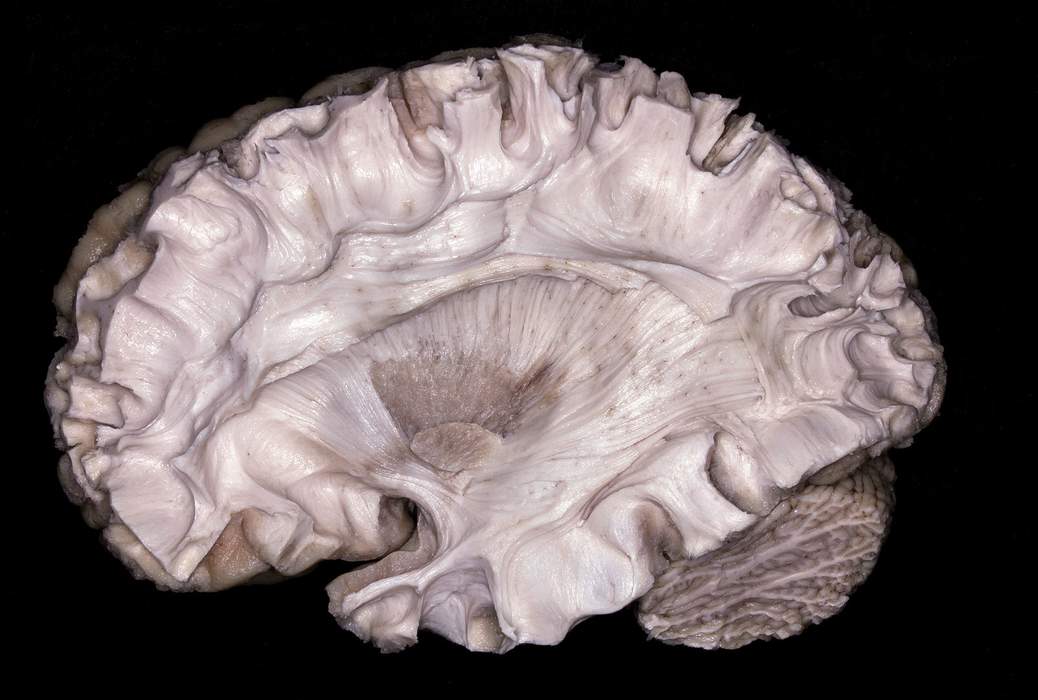The role white matter plays when it comes to cognitive health could be more significant than that of gray matter, based on a recent study by researchers at the University of Iowa.
In their new study, publicized in PNAS, damage to white matter is more associated with worse cognitive function following a brain injury, than gray matter.
“Hubs are highly connected brain regions that are important for coordinating processing in brain networks and supporting cognition. There are several different methods for characterizing network hubs in gray and white matter, yet it is unclear which of these hub measures identify sites that are most critical for supporting cognition,” the study’s authors write in their findings.
“Here, we use data from two large cohorts of patients with focal brain damage to show that lesions of white matter regions with dense structural connections have the strongest association with cognitive impairment, while gray matter functional centrality measures have weaker associations.”
The findings uncovered a vital role of densely connected white matter regions in cognitive function.
The authors concluded in their journal report: “These findings highlight the critical role of densely connected white matter regions in supporting cognition, which helps to explain interindividual differences in cognitive outcomes following brain damage.”


